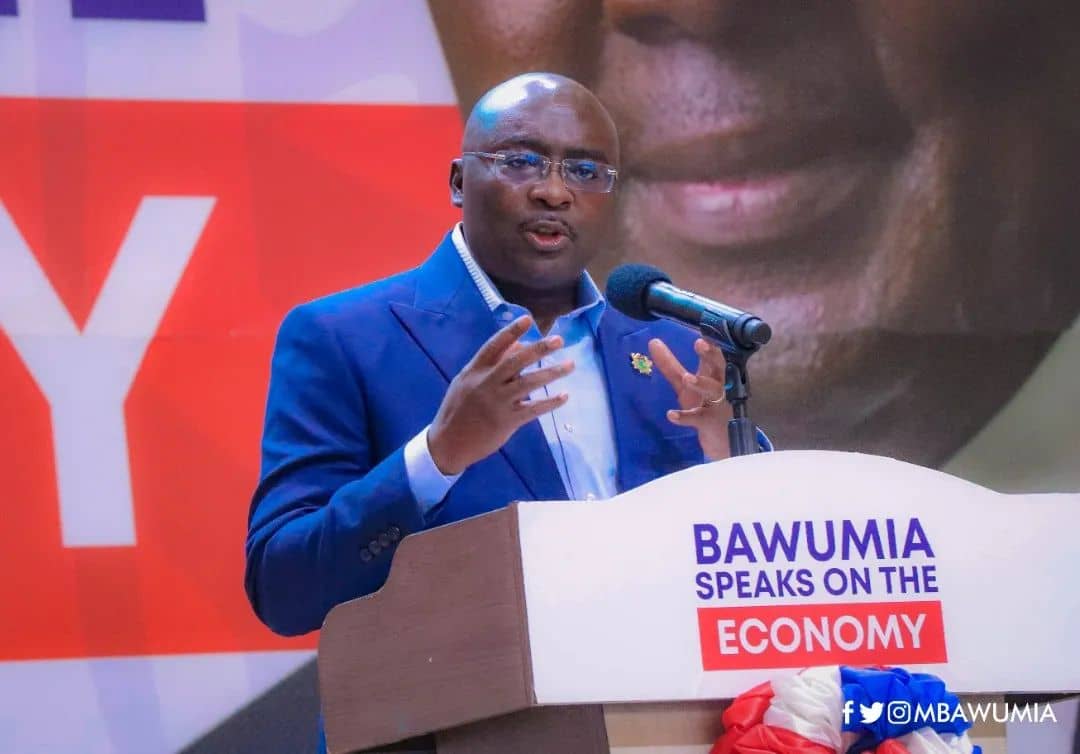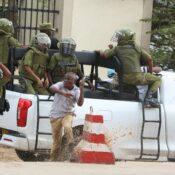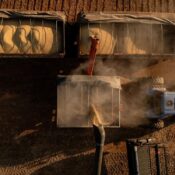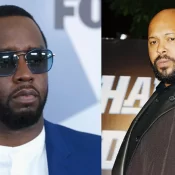
Presidential candidates in Ghana have pledged to alleviate hardships as the campaign intensifies
The two primary candidates for the presidency of Ghana have released competing manifestos that pledge fiscal stability, employment opportunities, and a way out of the nation’s most severe economic crisis in decades.
In order to elect a successor to President Nana Akufo-Addo, who is resigning at the conclusion of his two-term tenure as the leader of the West African nation that produces gold, oil, and cocoa, a vote will be held on December 7.
The election will feature Vice President Mahamudu Bawumia, an economist and former central banker, from Akufo-Addo’s ruling New Patriotic Party, and ex-president John Dramani Mahama of the main opposition National Democratic Congress party.
In Ghana’s democratic history, no party has ever been elected to serve more than two consecutive mandates in government.
Akufo-Addo’s presidency has been tarnished by his frustrations regarding economic hardship. In 2022, Ghana defaulted on the majority of its $30 billion external debt, which was the result of years of overextended borrowing that was further exacerbated by the COVID-19 pandemic, the repercussions of the conflict in Ukraine, and an increase in global interest rates.
The government is currently restructuring its debt in order to secure a $3 billion support package, following its request for assistance from the International Monetary Fund.
Over the weekend, both Mahama and Bawumia articulated their policy commitments in anticipation of a vote that analysts anticipate will be a close two-man race, despite the presence of other candidates.
During his initial three months in office, Mahama, who is 65 years old, committed to eliminating first-year university fees in order to increase the availability of tertiary education and decrease taxes.
He informed his supporters in the south central city of Winneba on Saturday that he would “lead a ruthless war against corruption” and reclaim misappropriated assets.
During his 2013-17 presidency, Mahama made substantial investments in infrastructure; however, he faced criticism for electricity shortages, economic instability, and alleged state corruption. He was never explicitly accused of wrongdoing; however, he was responsible for the government that was. His government denied any misconduct.
Critics of the NPP contend that corruption persisted and intensified during Akufo-Addo’s tenure. Additionally, his administration has denied any malfeasance.
Bawumia pledged to reduce public expenditure by 3% of GDP, almost halve the number of ministers, and simplify the tax system.
He presented a strategy to offer digital training to one million young individuals in order to assist them in securing employment during a press conference in the capital, Accra, on Sunday.
The NDC has maintained a stronghold in northern Ghana for a long time, but the NPP has made significant progress in recent years. Both candidates are from this region.
All Categories
Recent Posts
Tags
+13162306000
zoneyetu@yahoo.com



